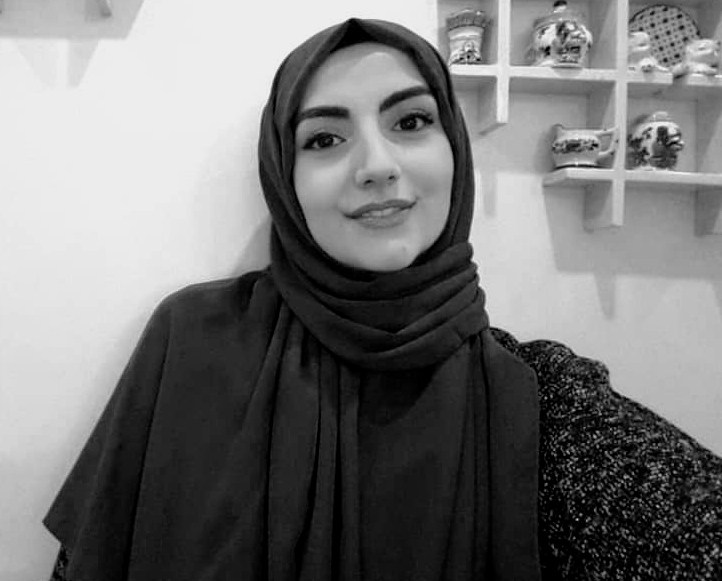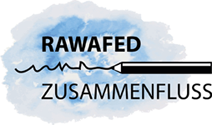HIJAB OR NOT? LET HER DECIDE
Women donning hijab or not has been a subject of discussion for many years now. Systems change, leaders change, borders of countries change but, one thing that remains constant is women being controlled by their looks. What the hijab represents can differ according to different systems. Some systems support women to have the freedom to express their religious behavior. While some would restrict it by stating reasons about secularity and make it look like it is all for the “good of the public”. And some can force women to wear hijab for the “good of the public”, even though they are not willing.
Some thought-provoking questions that need answering are: How taking away the right of education from a woman by restricting her access to school for wearing a hijab can be justified? How is the nation's progress linked to forcing a woman to dress in a certain way? What is the level of participation of women in this process of making choices? Decisions have been made for women without their viewpoints.
Hijab is not just a fabric you put around your head, it’s about the way you live, the thing you believe in, and a way of describing yourself. The ban on hijab in public places is an infringement on religious and cultural freedoms and a violation of human rights.
Further, the actions of the governments about hijab or any behavior representing a belief have an impact on the stereotypes people have. According to the research of Fatima Koura, women who don the hijab may be native-born or identify as Americans, but their Islamic garments automatically mark them as foreign. In the same research, Koura did, one of the women she has an interview with described her feelings like this: “Sometimes when people say things to me I think, “Are they saying this because they think I am an oppressed Muslim woman?” Even though I should not think that way and I should not blame it on the hijab or the fact I am Muslim, but I cannot help it. I do not know how much of the hijab or [my] Muslim [ness] or [my] brown [ness], for that matter, is affecting them or their impression of me.”
These stereotypes are evident in workplaces or any other public place you can think of. One such stereotype people often have in their minds is if women are free about deciding to wear hijab. Women wearing a hijab face questions like: Do you want to wear it on your own? Did you make the decision yourself? Did your family force you to wear it? Sometimes they can be judgemental without saying a word. We need to answer right away: Yes, women can wear hijab on their own and no, not all Muslim women are oppressed to do it.
According to Posetti’s work, Muslim women are almost invariably portrayed as oppressed and veiled, a terrorist threat or exotic, sexualized beings. For some politicians best way to fight this stereotype is banning hijab so there won’t be any fight or this is just some argument they put out to ban it!
The other aspect is forcing women to wear hijab when they don’t want to. Even if a woman is Muslim, it's their choice whether to wear or not to wear hijab. But in some countries visiting public places without wearing a hijab is outlawed. And controlling women about their looks is not just a problem with clothes, it can become a way to make them invisible in society.
As you can notice, in both situations women face problems with their freedom. Wearing a hijab or not wearing a hijab should be the choice of women. Governments should not try to control the way women are supposed to look. Instead, they should play a proactive role in protecting women's rights concerning the choices they want to make regardless of their religious beliefs. Women shouldn’t seem like oppressed people when they do what they believe in and should be free in deciding to wear hijab or not.
Resources
Koura, F. (2018). Navigating Islam: The hijab and the American workplace. Societies, 8(4), 125.
Posetti, Julie N., "Media representations of the hijab" (2006). Faculty of Law, Humanities and the Arts - Papers. 1822.
Photo by: Aliko Sunawang (@sunawang) on Unsplash

Rumeysa macht derzeit ihren BA in Soziologie an der Abant Izzet Baysal University. Für ihr Studium kam sie nach Berlin, um für RawafedZusammenfluss Geschichten über starke Frauen zu sammeln. Du bist oder kennst eine Frau, die sie portraitieren sollte? Erzähl ihr davon: r.yalazan@offensiv91.de
Rumeysa is currently doing her BA in Sociology at Abant Izzet Baysal University. For her studies she came to Berlin to support RawafedZusammenfluss by collecting stories of powerful women. You are or know a powerful woman that should be portrayed? Tell her via r.yalazan@offensiv91.de









